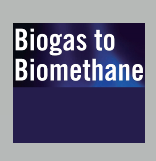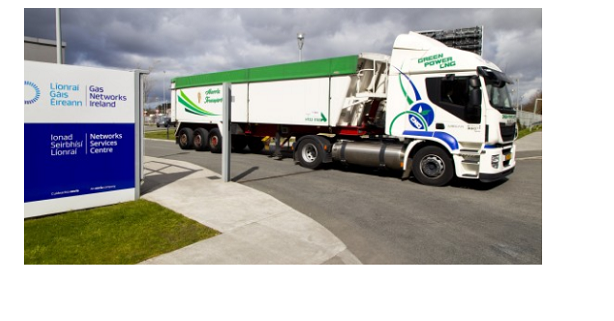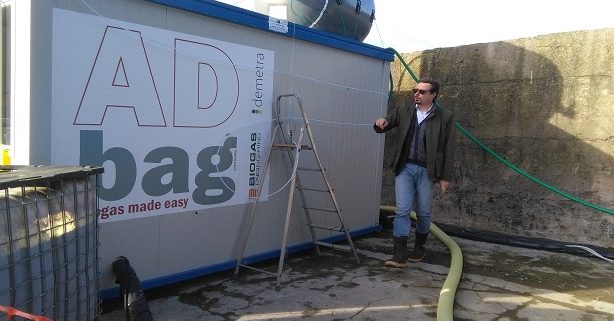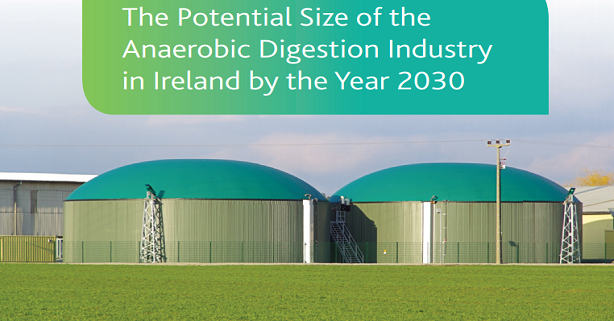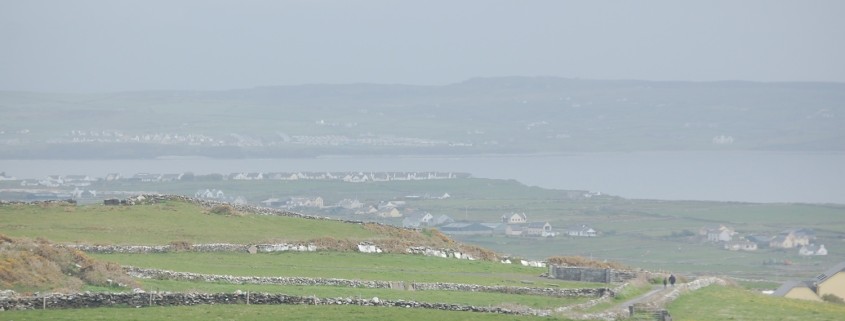Seán Finan Talks to Agriland About Irish Bioenergy Association and the Potential for Biogas
Calls are mounting for a biogas industry to be rolled out nationwide in a bid to bolster farm incomes and reduce Ireland’s agricultural carbon footprint. This week sees episode 15 of Farmland, Seán Finan, the CEO of the Irish Bioenergy Association (IrBEA) urges the Government to develop policy and financial supports to bolster the sector. IrBEA believes a biogas industry could sustain rural economies into the future. He talks in details about IRBEA role in developing the bioenergy sector in the Island of Ireland both north and south, he also focuses on the imminent launch of the Support Scheme for Renewable Heat. View this 15 minute interview covering a wide range of topics between Claire McCormack and Seán Finan here


